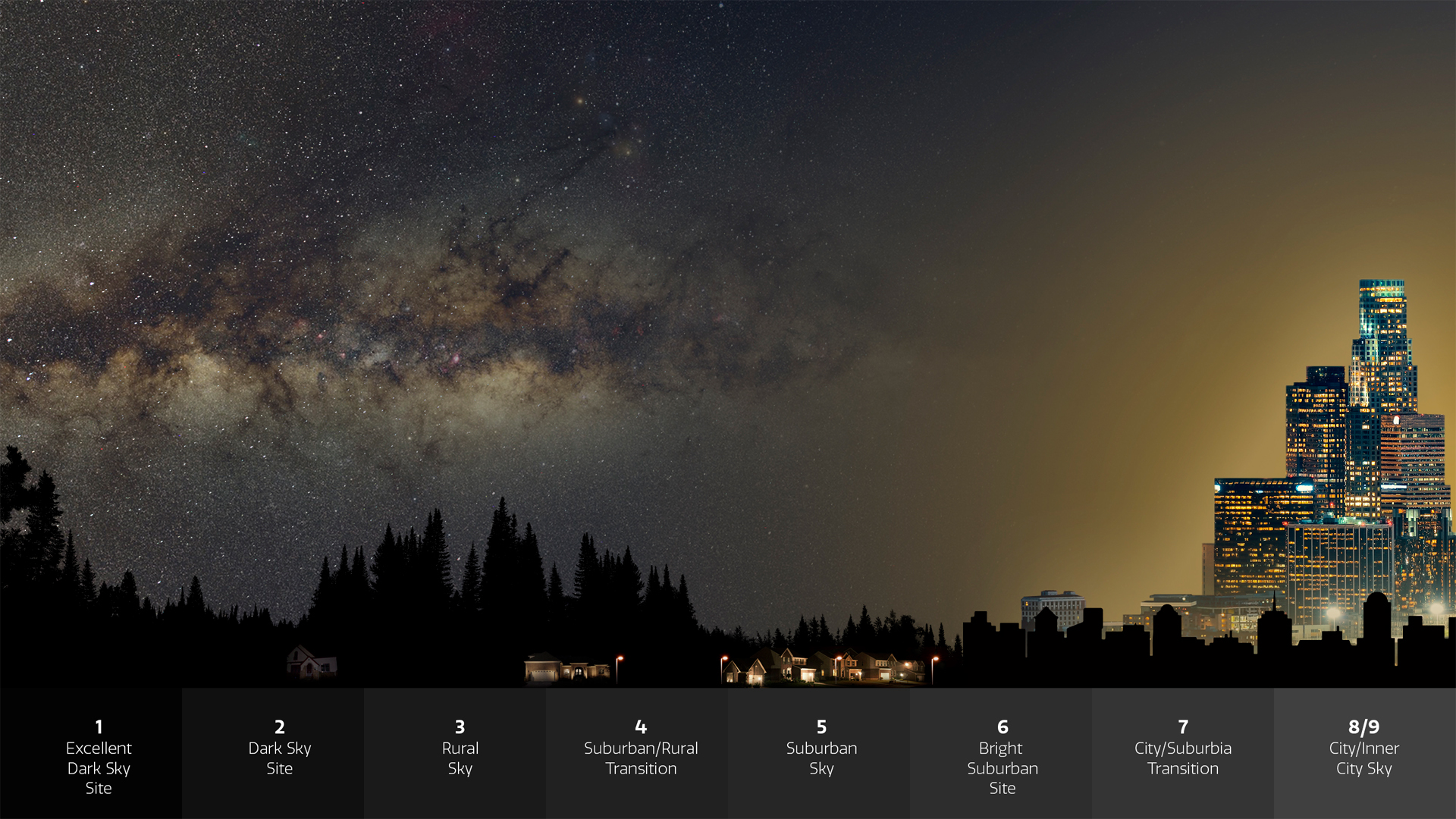
Modified on 07/01/2022
–
Modified on 07/01/2022
Just like Samsung and TCL, Microsoft imagines a foldable smartphone in three parts. A patent describes Microsoft’s concept with a mobile with three hinged screens.
Samsung managed to make the
and granted by L‘USPTO
on December 23rd . Unlike Samsung
Once deployed, we would obtain a tablet of about ten inches. According to the patent, the shape of the smartphone would allow it to use only two of the three screens. In all cases, and contrary to
from Samsung, such a mobile is certainly not made to fit in a trouser pocket, even closed. The thickness conferred by three superimposed screens is significant and refining the frames would weaken the whole. Similarly on the patent, the presence of a photo module is not mentioned. This would contribute to thicken the whole.
For once, just like at Samsung, or
, these concepts of triple screen are for the moment only trial and error on the part of manufacturers and may never see the light of day. It must be said that the foldable smartphone in two is still looking for itself despite great progress.
Note: This article has been indexed to our site. We do not claim legitimacy, ownership or copyright of any of the content above. To see the article at original source Click Here













